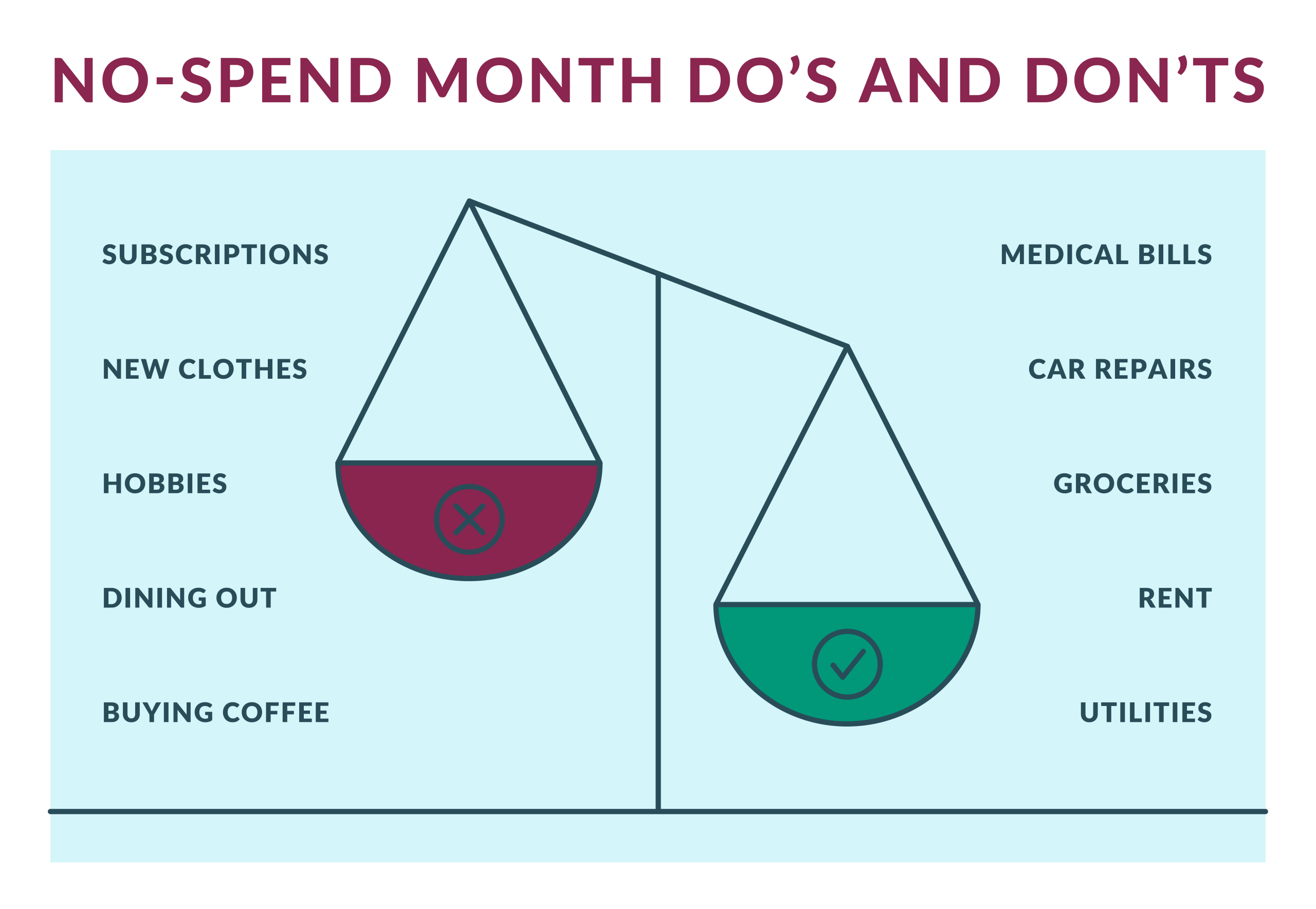Anúncios
A credit score is a number that affects various aspects of a person’s financial life in the United States.
This score ranges from 300 to 850 and reflects your ability to manage credit and the likelihood that you will pay your debts on time.
The credit score is divided into specific ranges, each indicating the level of risk associated with an individual’s credit.
In this article, you will understand how the credit score is calculated, analyzing each credit score range according to the FICO model, and how a good score can benefit your financial life.
How is the credit score calculated?
The credit score is calculated based on information in your credit report, which is maintained by credit bureaus such as Equifax, Experian, and TransUnion.
The FICO model is widely used in the U.S. and calculates the score by considering five main factors:
- Payment History (35%): This is the most significant factor, reflecting whether you pay your bills on time. Late or missed payments can have a substantial negative impact.
- Credit Utilization (30%): This refers to the proportion of available credit that you are using. Keeping utilization below 30% of the total credit limit is ideal for a good score.
- Length of Credit History (15%): The longer the credit history, the better. This shows that you have experience managing credit over time.
- New Credit Inquiries (10%): Frequent credit inquiries can be seen as a sign of financial instability, which may hurt your score.
- Credit Mix (10%): Having a variety of credit types (such as credit cards, loans, and mortgages) can benefit your score, provided they are managed responsibly.
These factors are combined to generate a score that indicates the risk lenders take when granting you credit. Now, let’s explore the different credit score ranges and what each one means.
What are the credit score ranges, and what do they mean?
The FICO score is divided into several ranges, each representing a different level of credit risk.
Understanding these ranges can help you know where you stand and how lenders might assess your risk.
Exceptional Credit (800 to 850)
A score between 800 and 850 is considered “exceptional” and indicates that you have an impeccable credit history.
People with exceptional credit are almost certain to receive credit approval, with the best interest rates available.
This group demonstrates highly disciplined and consistent financial management over time, making lenders view them as extremely low-risk.
Very Good Credit (740 to 799)
A credit score between 740 and 799 is classified as “very good.” In this range, you are still seen as a low-risk borrower.
The chances of being approved for credit are high, and you will likely qualify for favorable interest rates, though slightly higher than those offered to the “exceptional” group.
Minor slip-ups, such as occasional late payments, may appear on the history, but they are generally not significant enough to deter lenders.
Good Credit (670 to 739)
Scores between 670 and 739 are considered “good.” Individuals in this range have moderate risk and are typically approved for credit on reasonable terms.
However, they may face higher interest rates than those with “very good” or “exceptional” scores.
If you are in this range, improving your score could open doors to better credit offers and more advantageous terms.
Fair Credit (580 to 669)
A credit score between 580 and 669 is categorized as “fair.” In this range, you are considered a higher-risk borrower.
While you can still obtain credit, you are likely to face significantly higher interest rates and less favorable loan conditions.
Additionally, you may struggle to obtain certain types of credit or be approved by stricter lenders.
Poor Credit (Below 580)
Any score below 580 is considered “poor.” Individuals in this range are viewed as high risk, meaning they may have difficulty obtaining any type of credit.
If credit is granted, it will come with unfavorable terms, such as high-interest rates and low credit limits.
In this range, it is crucial to actively work on improving your score, whether by paying off outstanding debts, reducing credit utilization, or avoiding new credit applications.
How Can a Good Credit Score Help Me?
Maintaining a good credit score can have a significant positive impact on various areas of your financial life.
With a high score, you may qualify for the best interest rates on loans and credit cards, which can save you thousands of dollars over time.
Additionally, a good credit score can make it easier to get approved for rental properties, insurance with lower premiums, and even job opportunities.
This is because some employers check credit scores as part of their candidate evaluations.
How Long Does It Take to Get a Good Score?
The time it takes to build a good credit score can vary widely depending on your current financial situation and credit history.
For someone starting from scratch, it may take several years of responsible financial behavior to reach a “good” or “very good” credit score.
For those rebuilding credit after a period of delinquency, it can take three to seven years, depending on the severity of the previous issues.
The path to a good score requires patience, discipline, and a commitment to good credit practices, such as paying your bills on time, keeping credit utilization low, and avoiding excessive credit applications.
Understanding credit score ranges and what they mean is essential for navigating the modern financial world.
Knowing where you stand can help you make informed decisions about how to improve your score and, in turn, your financial life.
Keep following our articles for more tips and information on how to manage your credit score and maximize the benefits it can bring.






